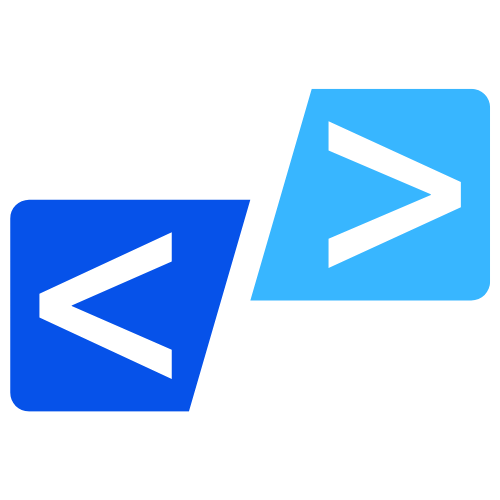
How AI Is Rewriting the Rules of Music – And Why Your Favorite Song Could Be Next
Imagine waking up to discover your voice has been cloned by a machine. Your biggest hit, the song that defined your career, is being remixed, covered, and monetized by strangers – and you didn’t approve a single note. This isn’t science fiction. As AI tools like Suno and Udio go mainstream, artists from New York indie bars to Nashville studios are facing an existential question: Who owns music when a robot can recreate it?
The Day AI Stole Jill Sobule’s Kiss
When “I Kissed a Girl” by Jill Sobule suddenly trended on TikTok last month, fans assumed it was a nostalgia wave. The truth was stranger: An AI cover generator had resurrected the 1995 alt-rock hit with Taylor Swift’s vocal style. Within 72 hours, the track amassed 2.8 million views. Sobule hadn’t been consulted – or compensated. “It’s like watching someone wear my face,” she told Rolling Stone. This incident in Los Angeles’ music scene typifies a $2.3 billion dilemma: AI’s ability to remix culture faster than laws can keep up.
Your Playlist Is Now a Training Dataset
Major AI music platforms are scraping decades of tracks to teach algorithms composition. San Francisco’ Anthropic recently revealed its model analyzed 50 million songs – many without licenses. “It’s the Napster era on steroids,” says MusicTech CEO Sarah Lin. Startups argue this falls under “fair use,” but artists are pushing back:
- Over 200 musicians (including Billie Eilish) signed an open letter demanding AI protections
- Universal Music sued Anthropic for $150 million in February
- A Texas law now requires AI companies to disclose training data sources
Side Hustle or Soul-Selling? The AI Music Gold Rush
While stars battle in court, unknowns are cashing in. Meet Chicago’s Marcus Teller: His AI-generated “90s punk revival” tracks earn $3k/month on Spotify. “I prompt the AI with things like ‘Green Day meets TikTok viral hooks,’” he explains. Platforms fueling this boom:
| Tool | Cost | Use Case |
|---|---|---|
| Boomy | $10/month | Instant song generation |
| LANDR | $25/month | AI mastering & distribution |
| Voice-Swap | $50/song | Clone celebrity vocals |
But ethical lines blur fast. Last week, an AI-generated Travis Scott collab with deceased jazz musician Louis Armstrong sparked outrage – and 18 million streams.
How to Protect Your Art in the AI Wild West
New York’s Holly Adams (indie-pop artist) uses these defenses:
- Watermarking: Embeds inaudible audio tags to track misuse
- DMCA bots: Custom software that scours platforms for unauthorized clones
- Smart contracts: Blockchain tools that auto-charge for AI training usage
“It’s exhausting,” Adams admits. “But until laws catch up, we have to build our own moats.”
The $12 Billion Question: Who Gets Paid?
Royalty battles are erupting nationwide:
- Nashville: Country artists demand AI voice opt-out registries
- Austin: Startups like RoyaltyFlow offer AI-powered royalty prediction
- LA: YouTube now shares ad revenue with rights holders of AI covers
“We’re seeing more music lawsuits than during the LimeWire peak,” says entertainment lawyer Derek West. The FTC is expected to release AI compensation guidelines by Q1 2025.
Conclusion: Sing Along or Fight the Algorithm?
The music AI revolution isn’t coming – it’s here. For listeners, it means infinite personalized tracks. For creators, it’s both threat and opportunity. As Sobule’s viral AI cover keeps spreading, one truth emerges: The future of music won’t be decided in studios, but in courtrooms, code repositories, and the ethical choices of fans. Your move.
Resources
FAQs
- Can I legally make AI covers of copyrighted songs?
Grey area. Most platforms require licenses, but enforcement is patchy. - How do artists detect AI copies?
Tools like AudioSeal and Pex track audio fingerprints. - Can I copyright AI-generated music?
Currently no – the US Copyright Office requires human authorship.
Must-Have Tools
- Splitter.ai – Isolate vocals/instruments from any track
- Kits.ai – Ethically licensed AI voice models
- SessionTown – AI music collaboration platform
5 Immediate Actions
- 1. Add metadata tags to all your music files
- 2. Register works with the US Copyright Office ($45)
- 3. Use YouTube’s Content ID system
- 4. Monitor AI platforms with Muso
- 5. Join the Artist Rights Alliance database






